For this week assigmnement we had to :
- My group assignment was to browse through the data sheet for your microcontroller. compare the performance and development workflows for other architecturesr.
- write a program for a microcontroller development board that you made, to interact (with local input &/or output devices)
Group Assignment¶
Although there are two types of assignments, one group and one individual, since I am alone in my personal Fab Lab I will do both. All of my work will be documented here, so there won’t be a group assignment page. I have made a “Extra” page where i shared side notes
- Getting Started with MicroPython: Instructions on installing and running MicroPython on the Raspberry Pi Pico.
- MicroPython REPL: How to connect to the MicroPython REPL (Read-Evaluate-Print Loop) using USB or UART.
- RP2040 Port Features: Detailed guidance on using various features like LED control, UART, ADC, interrupts, multicore support, I2C, SPI, PWM, and PIO support. IDE Integration: Tips for using Thonny, Visual Studio Code, and rshell with the Raspberry Pi Pico.
- Application Notes: Examples and guidance for specific applications like OLED display usage, NeoPixel control, and UART communication.
LED Control¶
How to Blink an LED: Use the machine.
Pin class to control the onboard LED by driving a GPIO pin high and low. You can achieve a blinking effect by toggling the LED’s state in a loop or by using a timer to automate the process at set intervals.
Interrupts¶
Configuring Interrupts: Interrupts are critical for responding to events like pin state changes without constantly polling. The SDK guides on setting up GPIO pin interrupts and handling them efficiently.
PWM (Pulse Width Modulation)¶
Controlling LED Brightness or Motor Speed: PWM is useful for controlling the intensity of LEDs or the speed of motors. The SDK demonstrates how to set up PWM, adjust its frequency and duty cycle.
PIO (Programmable IO)¶
Advanced Peripheral Control: PIO is a unique feature of the RP2040 that allows for flexible hardware interfacing. The SDK includes examples of writing PIO programs for custom serial interfaces, driving NeoPixels, and more.
BBC Microbit Datasheet¶
{
"key": "value",
"number": 123
}

Boards explored¶
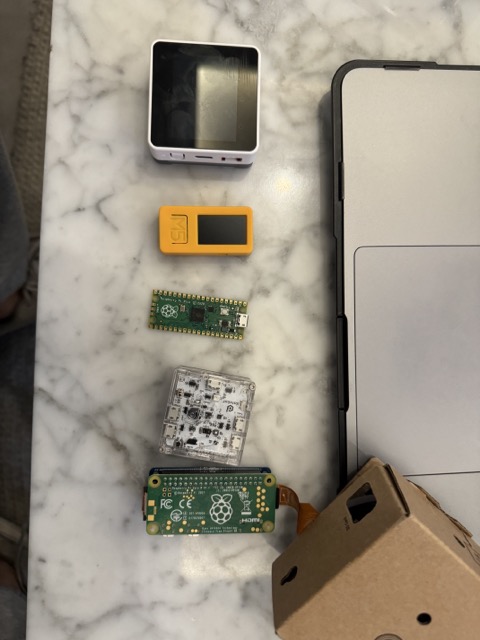
Online Simulators¶
Wokwi is an online Electronics simulator. I used it to simulate Arduino, ESP32, RP2040 and sensors.
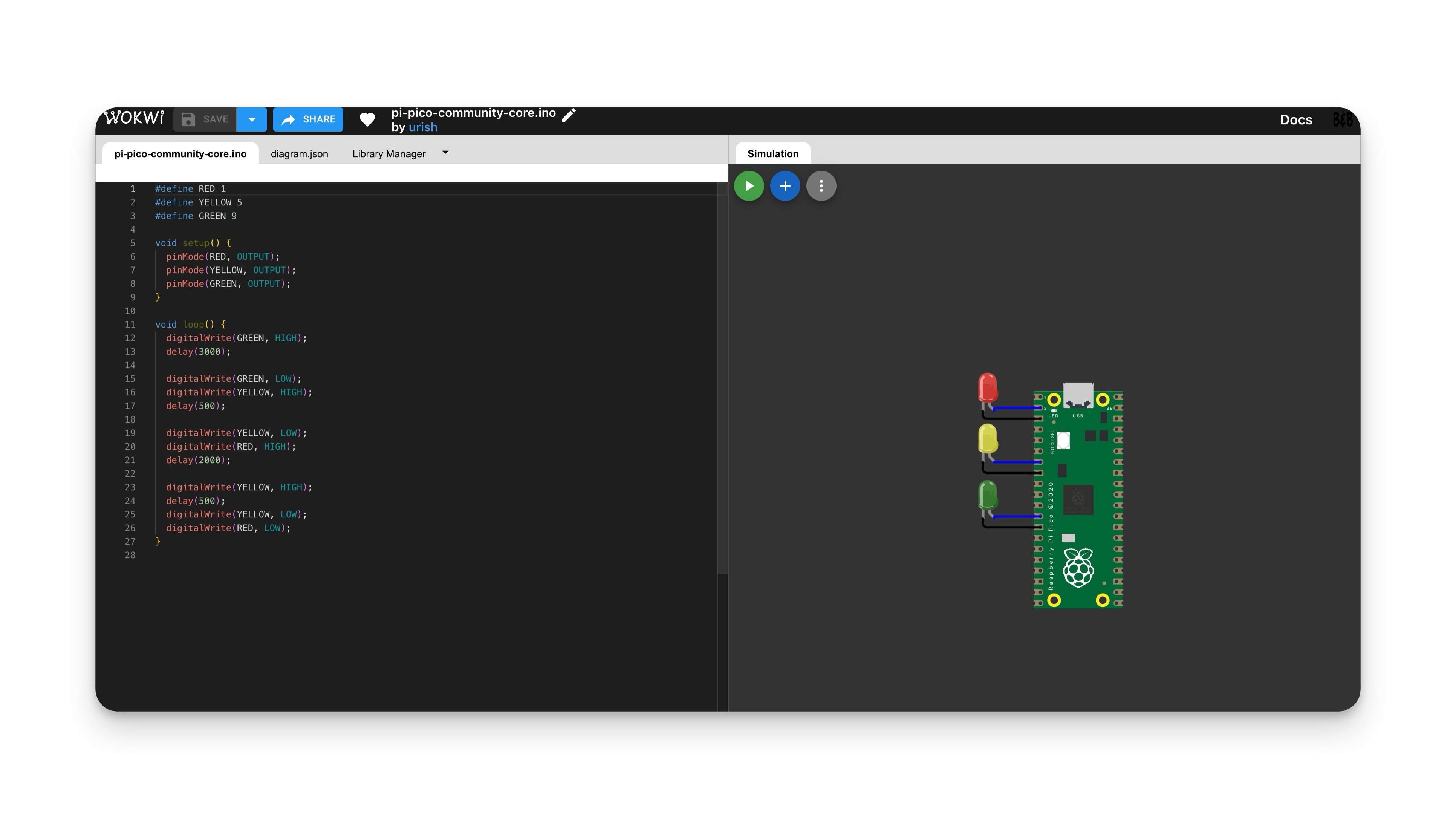
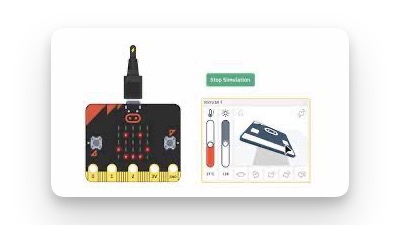
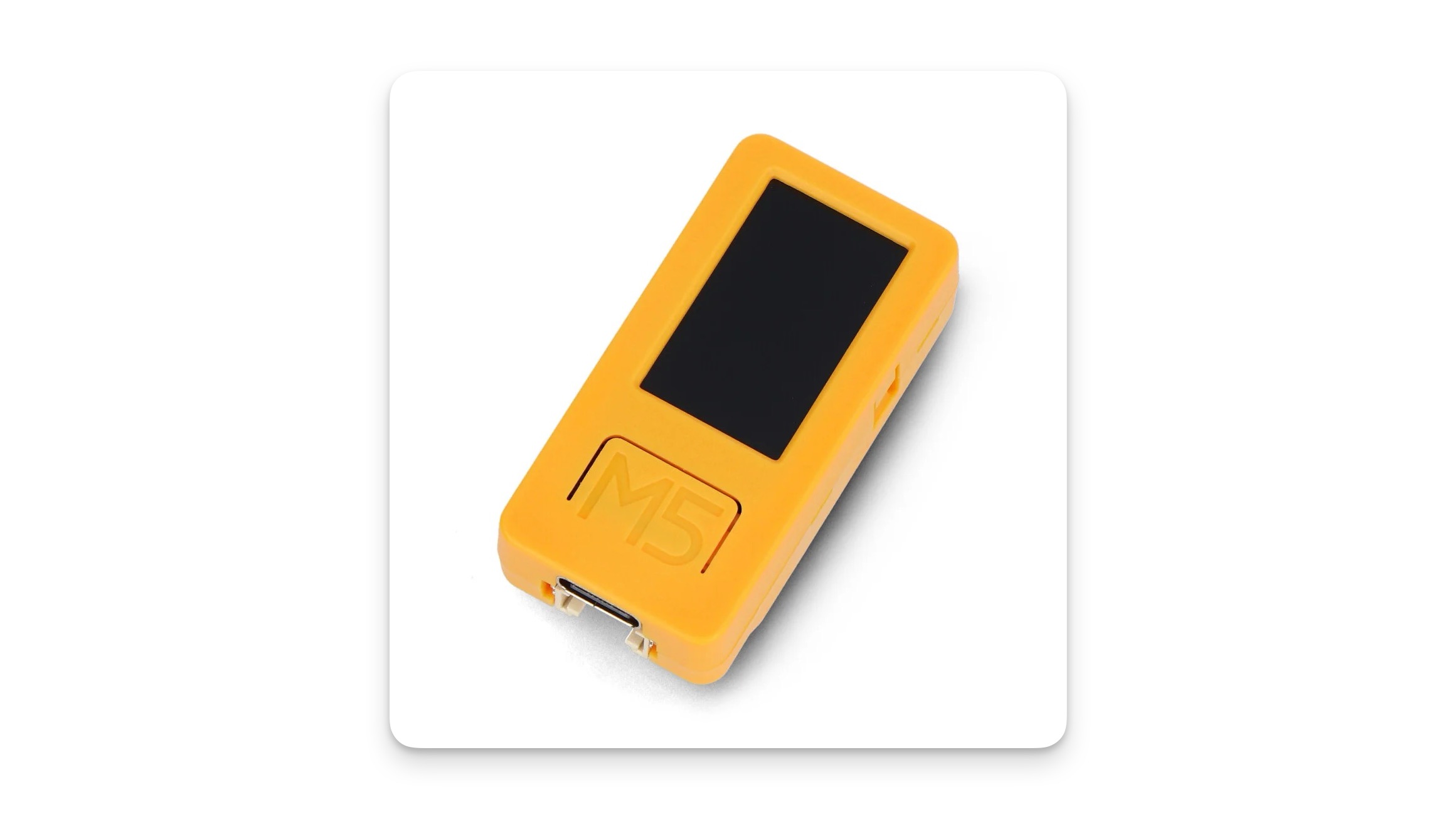
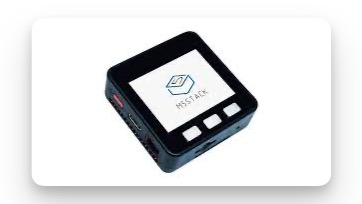
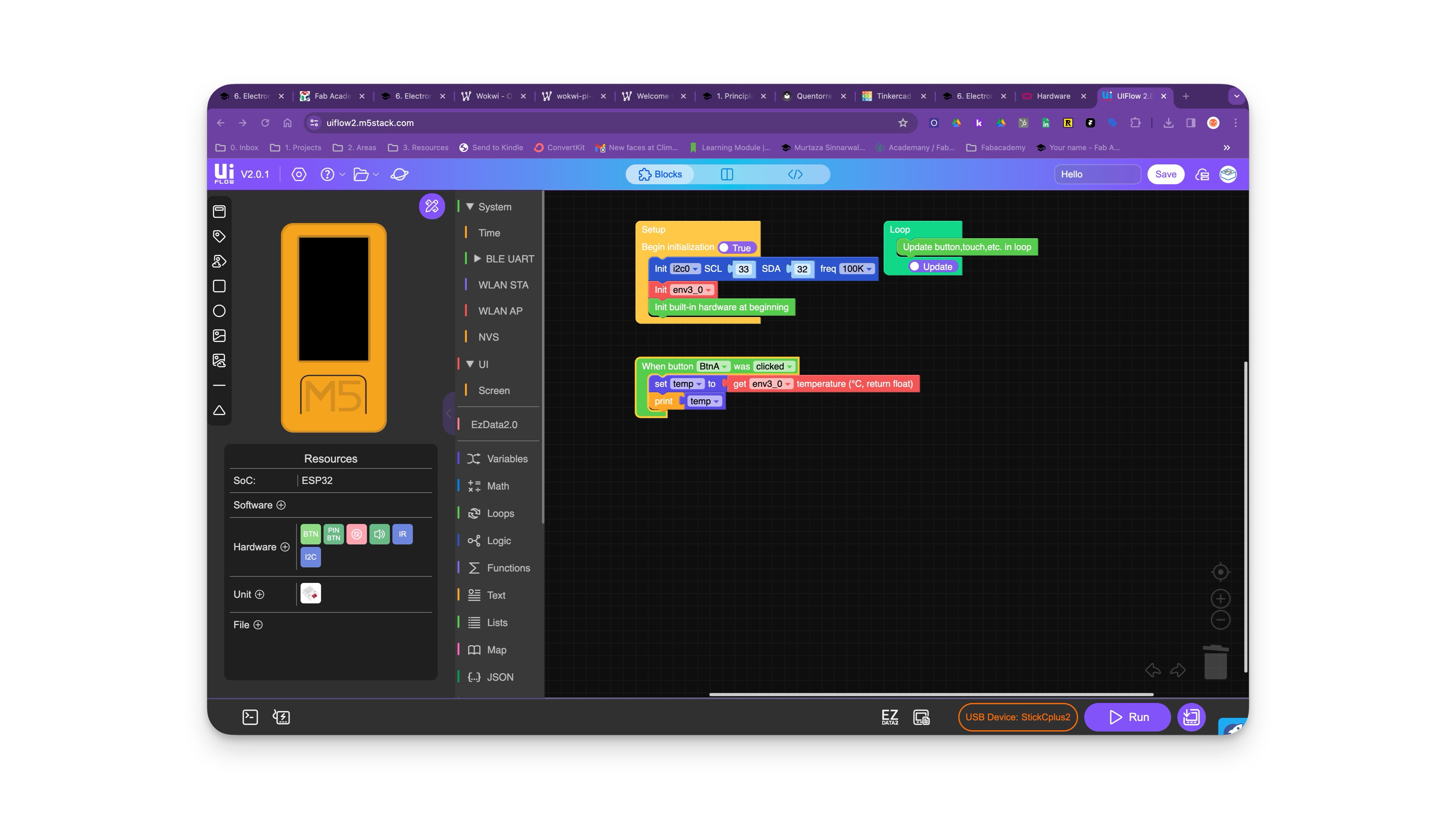
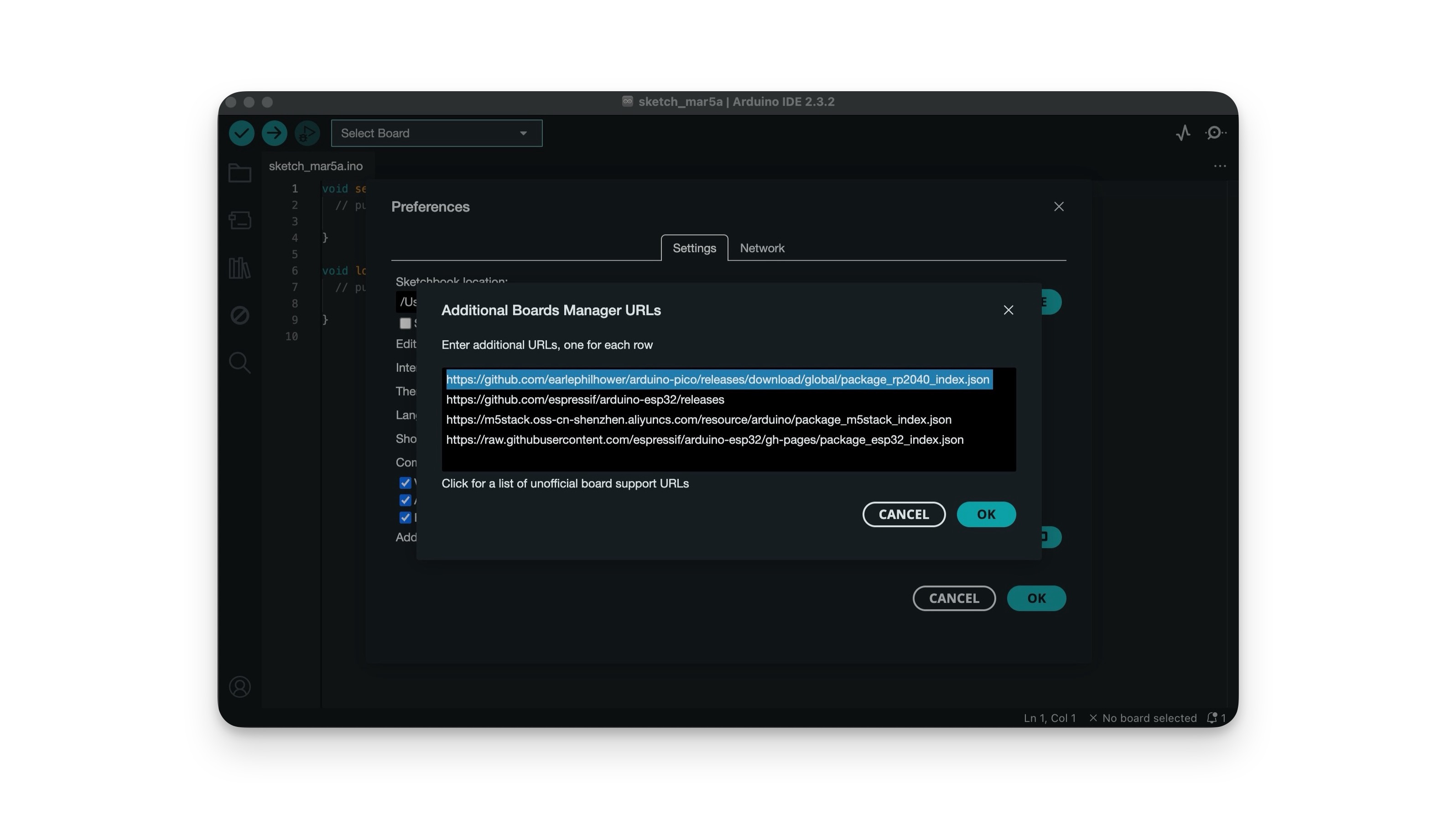
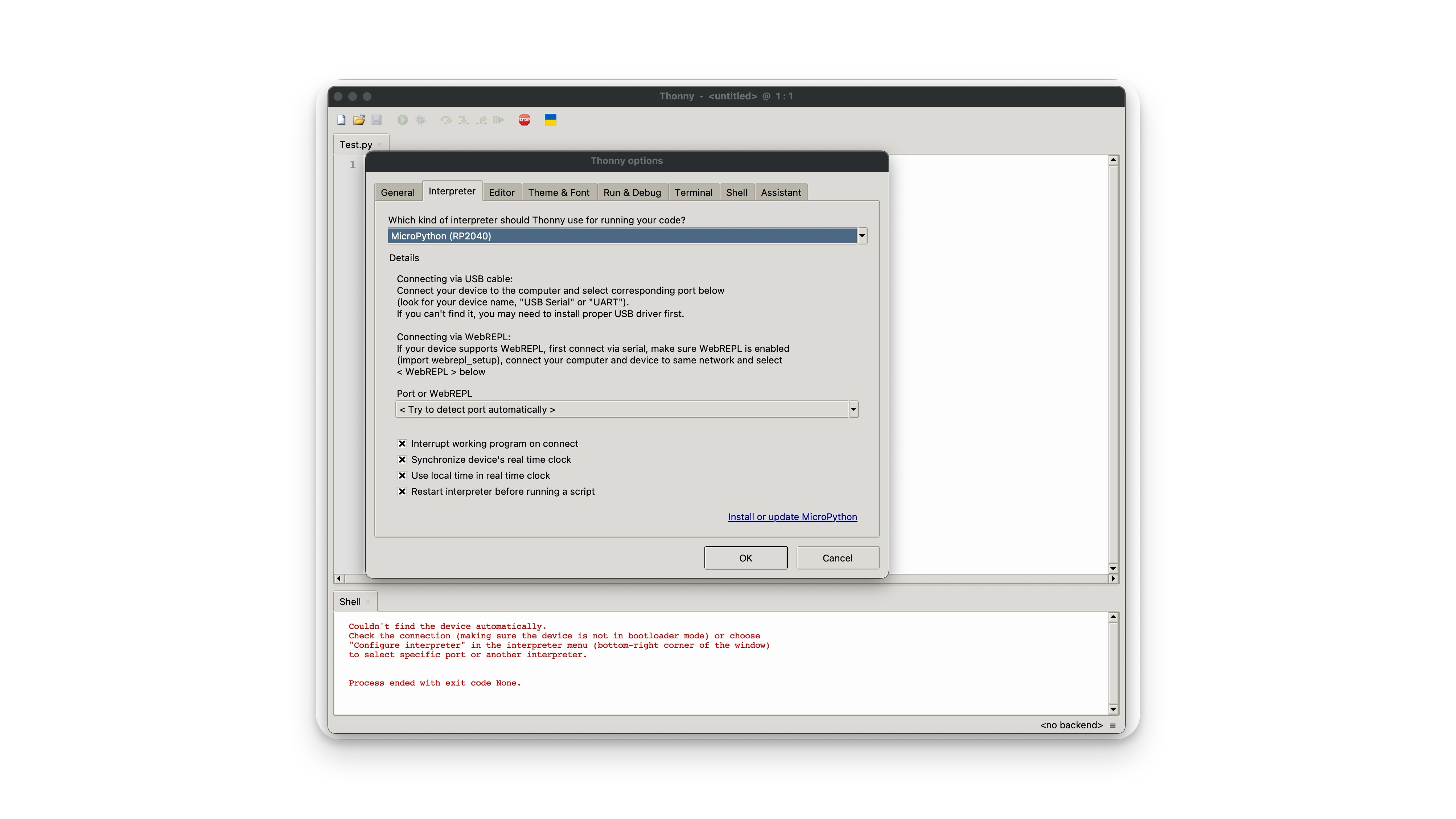
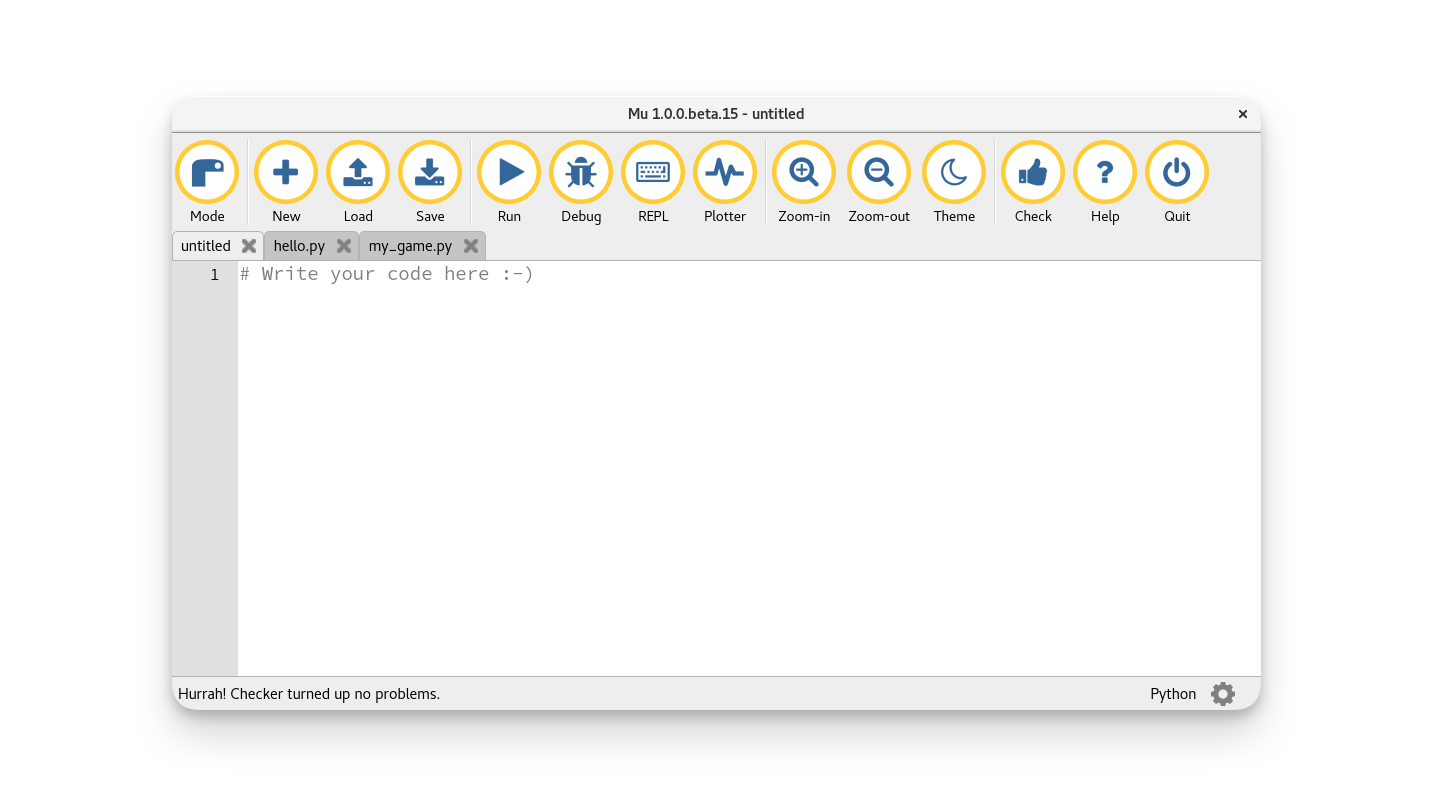
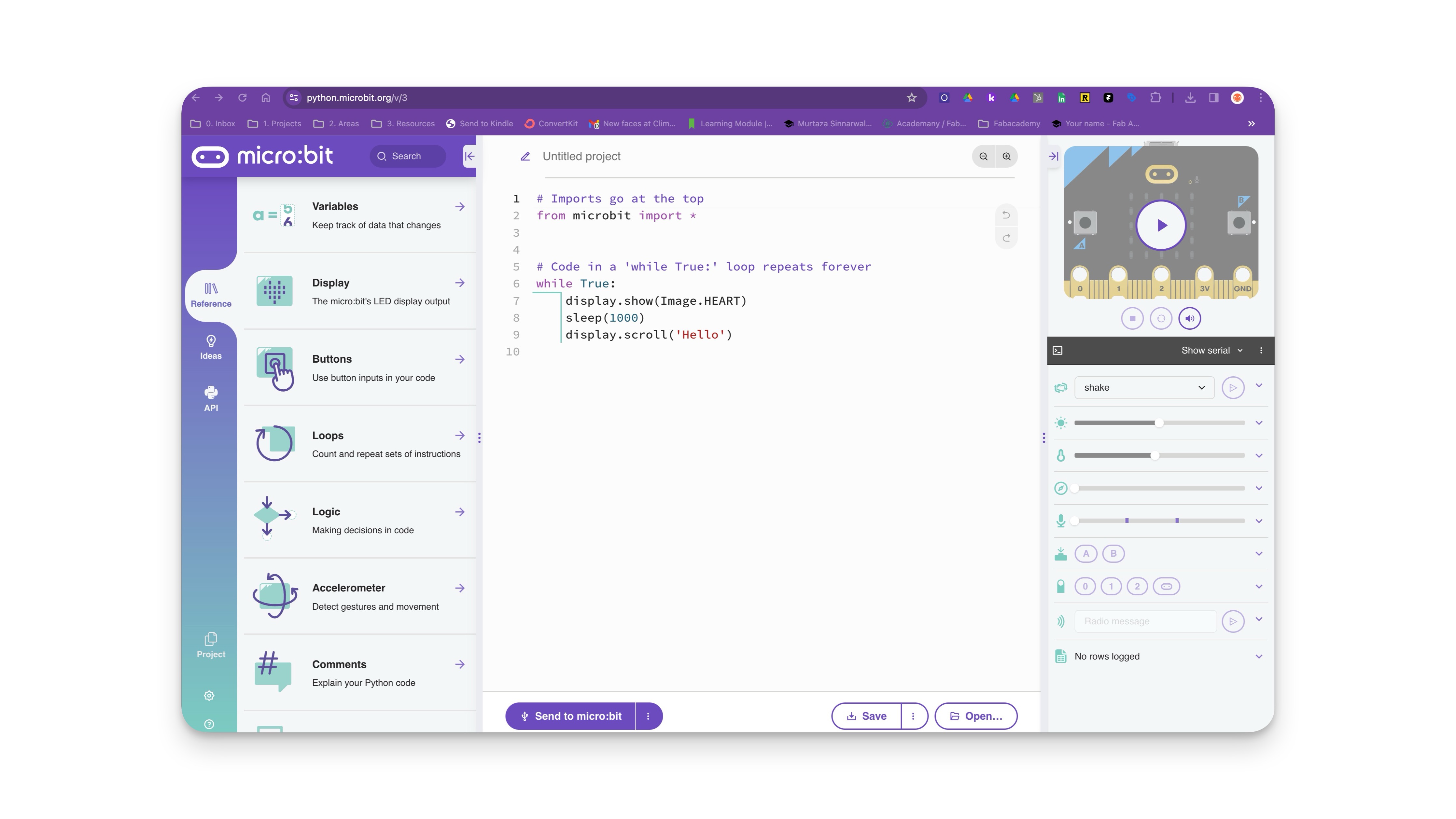

I have written a curriculum for Middle School students using BBC micro:bit and Makercode aligned to UN SDG’s and ICT Learning Outcomes . Find the links in the extras section.
